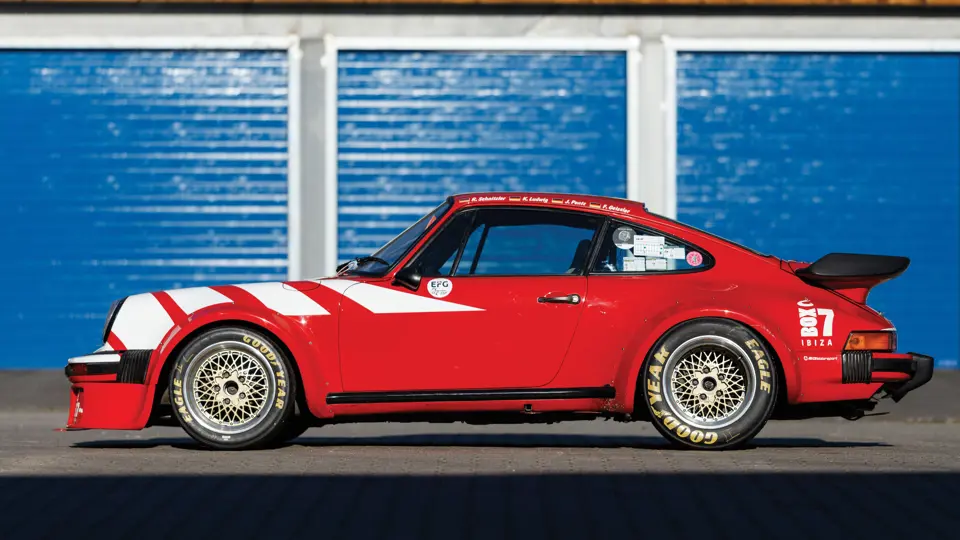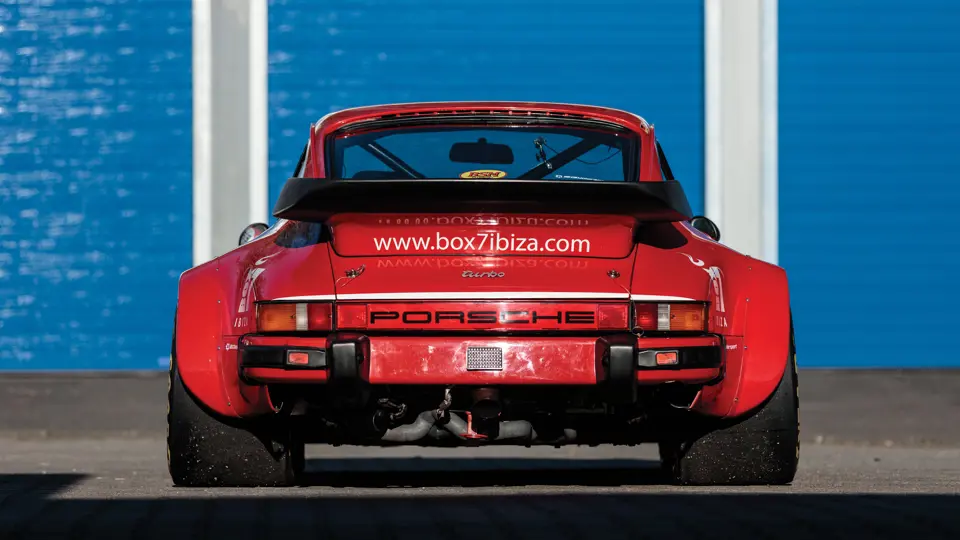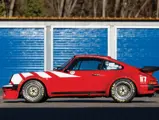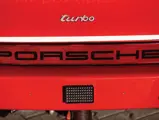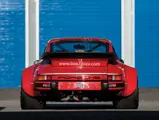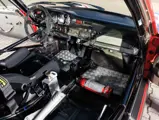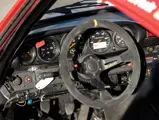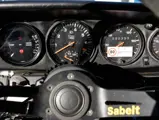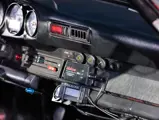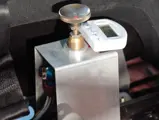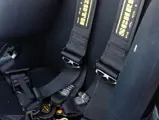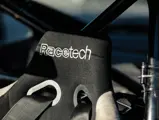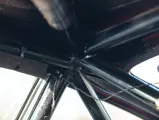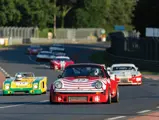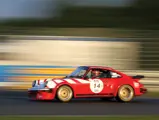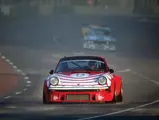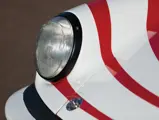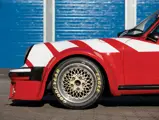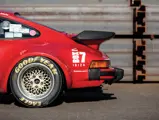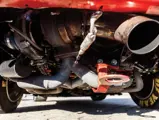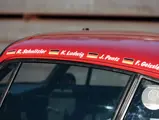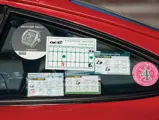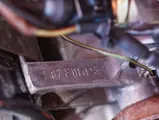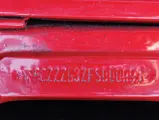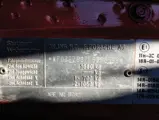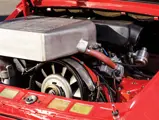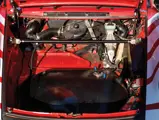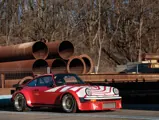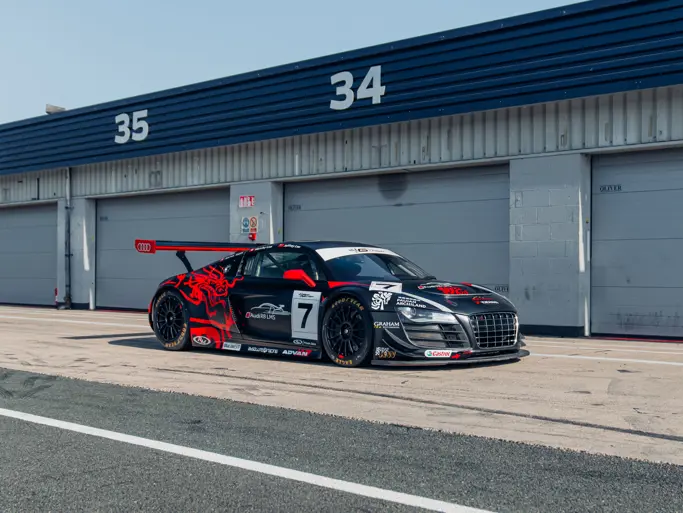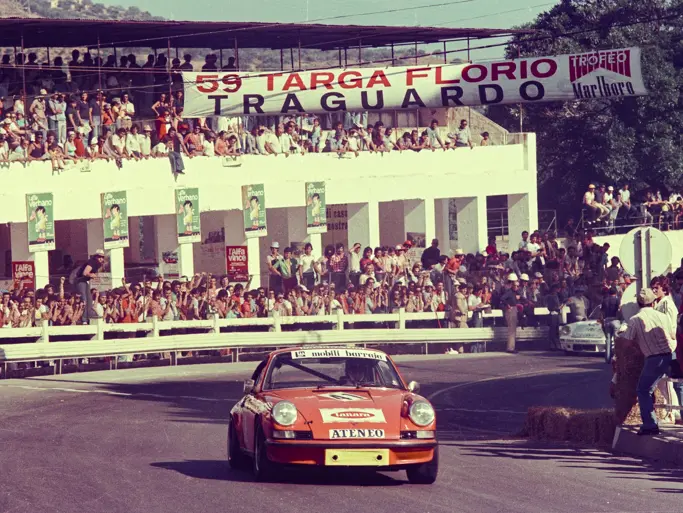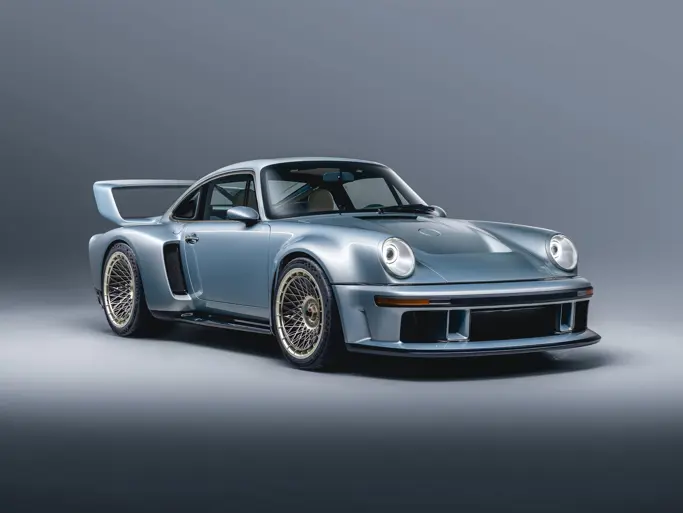
1983 Porsche 911 Turbo Group 4
{{lr.item.text}}
€178,250 EUR | Sold
{{bidding.lot.reserveStatusFormatted}}
- Built to 1978 Group 4 specifications
- Competitor at numerous vintage racing events, including the Le Mans Classic
- Road registered and accompanied by current FIA papers for motorsport use
- Nach Gruppe 4-Spezifikation von 1978 aufgebaut
- Teilnehmer bei verschiedenen Oldtimerrennen, darunter Le Mans Classic
- Zugelassen und mit aktuellen FIA-Papieren für den Einsatz im Motorsport
Porsche released the Porsche 911 Carrera 2.7 RS in 1973 as a means of getting the 911 Carrera RSR homologated for Group 4 racing.
In 1973, the 2.8-litre Porsche 911 Carrera RSR would start the season in victorious fashion, with a Brumos-entered car winning the 24 Hours of Daytona in February with Peter Gregg and Hurley Haywood at the wheel. By the end of May, the factory Martini Racing team had won victory at the Targa Florio before the 1973 RSR was modified with a 3.0-litre engine for that year’s 24 Hours of Le Mans.
A 1974 Porsche 911 Carrera RSR dominated Group 4 racing for the next 24 months in the hands of various independent outfits such as Gelo Racing and Kremer Racing, while a 2.8/3.0 RSR hybrid competed in the US IROC series during the 1973/74 winter. Improvements were constantly being made and before long, the Porsche 911 would become legendary in Group 4 competition.
This Porsche was constructed by noted Belgium Porsche specialist BSM Salewsky. Starting with the tub of a 1983 930 Turbo, it was carefully assembled to 1978 Group 4 specifications and comes with current FIA papers. This very special Porsche has been raced regularly in recent years by three-time Le Mans winner and racing icon Klaus Ludwig. It has participated in the Youngtimer Trophy from 2014 to 2017, the Oldtimer Grand Prix in 2015, 2016 and 2018, won the Group 4 category at the 2017 Meilen Trophy, was driven in the Le Mans Classic in 2018 where it ran Plateau 6, as well as the 24 Hour Classic Race at Nürburgring in 2018.
The engine is fresh with zero hours on it and the car is up to date with current racing regulations and ready for the track. This Group 4 car is also road registered, making it eligible for a wide variety of vintage motorsports events.
Zur Homologierung des Carrera RSR in der Gruppe 4 brachte Porsche 1973 den 911 Carrera 2.7 RS auf den Markt. Noch im gleichen Jahr siegte der RSR mit dem Brumos Team bei den 24 Stunden von Daytona mit Peter Gregg und Hurley Haywood am Steuer. Ende Mai hatte das Werks Martini Racing Team bereits die Targa Florio gewonnen, noch bevor der 1973er RSR mit für die 24 Stunden von Le Mans einen 3-Liter Motor bekam.
Im darauffolgenden Jahr dominierte ein 1974er Carrera RSR die Gruppe 4 über die nächsten 24 Monate bei unabhängigen Teams wie Gelo Racing oder Kremer Racing, während ein 2.8/3.0 RSR Mix in der amerikanischen IROC-Serie im Winter 1973/1974 fuhr. Der RSR wurde ständig verbessert, und entwickelte sich zu einer Legende in der Gruppe 4.
Für den Aufbau dieses Porsche ist der bekannte belgische Porsche Spezialist BSM Salewsky verantwortlich. Man begann mit einem Chassis eine 930 Turbo von 1983 und baute ihn detailgetreu nach den Spezifikationen der Gruppe 4 von 1978 wieder auf. Das Fahrzeug verfügt über aktuelle FIA-Papiere. In den letzten Jahren wurde dieser besondere Porsche vom dreifachen Le Mans-Gewinner, Rennlegende Klaus Ludwig, gefahren. Er stand von 2014 bis 2017 in der Youngtimer Trophy am Start und beim Oldtimer Grand Prix in den Jahren 2015, 2016 und 2018. Er gewann die Kategorie der Gruppe 4 in der 2017 Meilen Trophy und stand in Plateau 6 in der Le Mans Classic 2018 am Start. Im gleichen Jahr lief er auch in den 24 Stunden Rennen am Nürburgring.
Der Motor ist komplett neu aufgebaut und ist seitdem nicht gelaufen. Dieser Gruppe 4 Porsche erfüllt alle Rennregularien und ist rennfertig und straßenzugelassen, was ihm die Teilnahme an einer Reihe weiterer historischen Motorsportevents eröffnet.

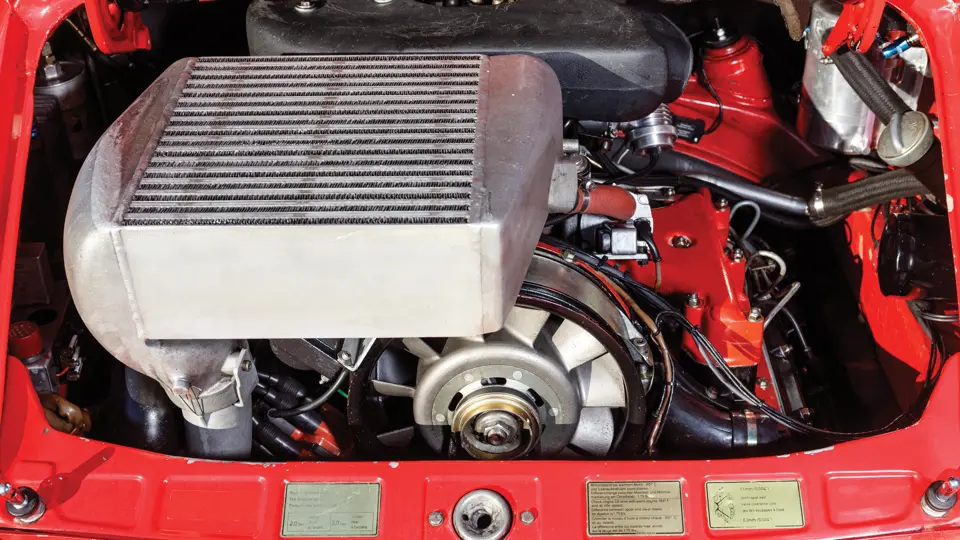


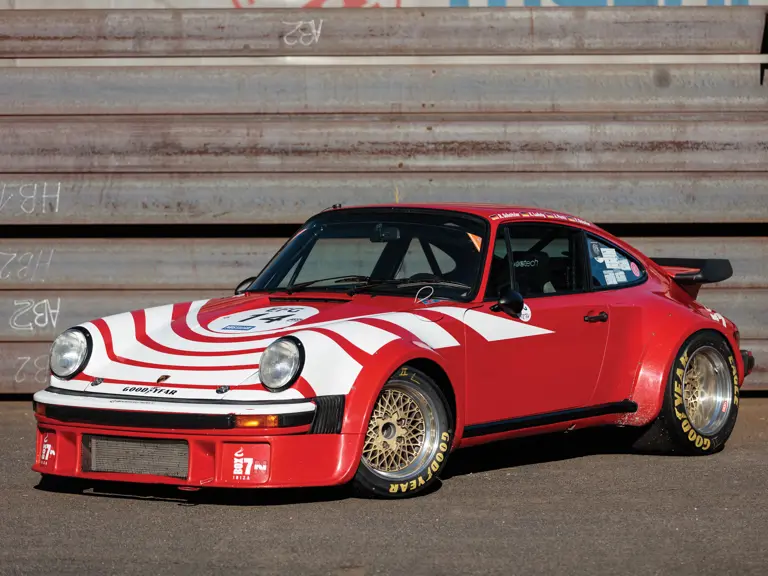
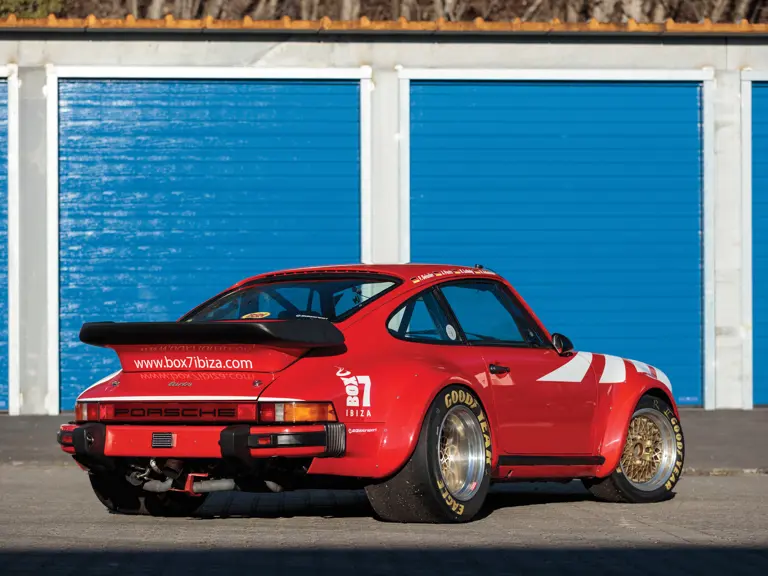
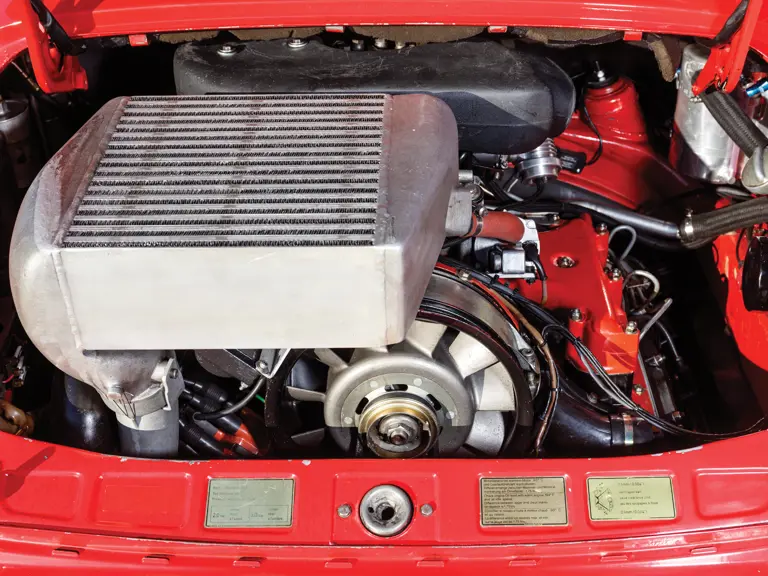
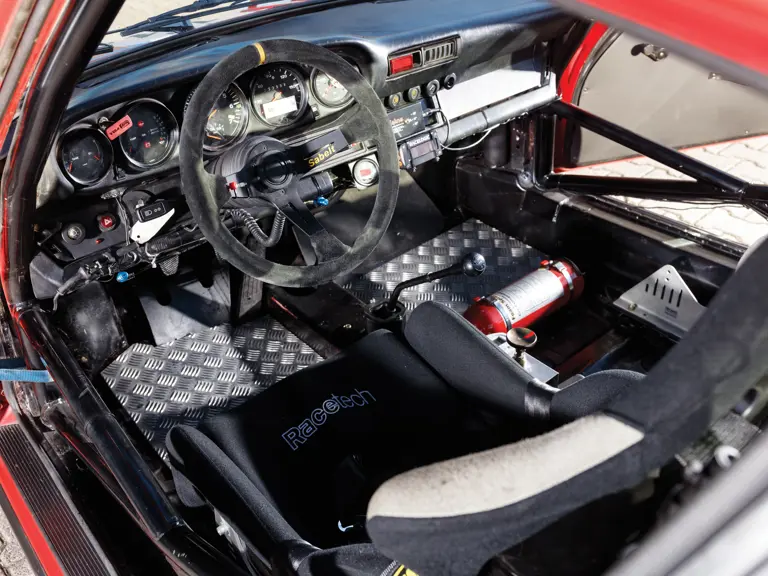
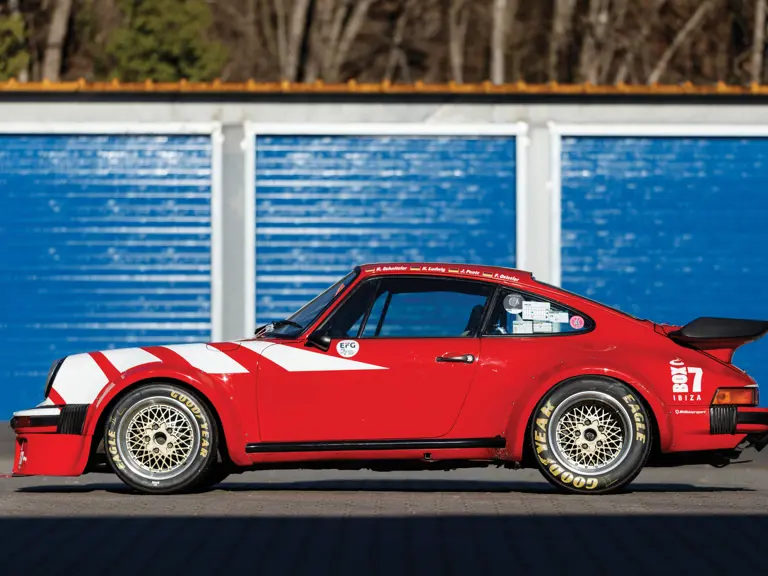
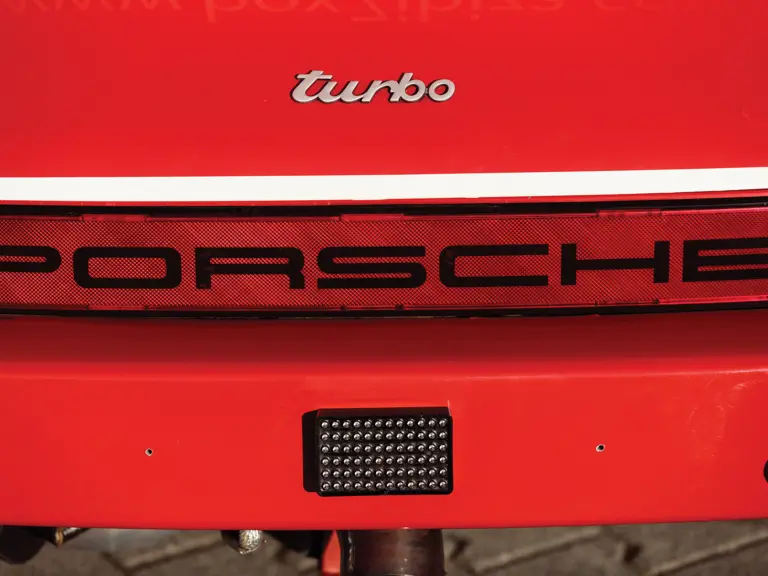
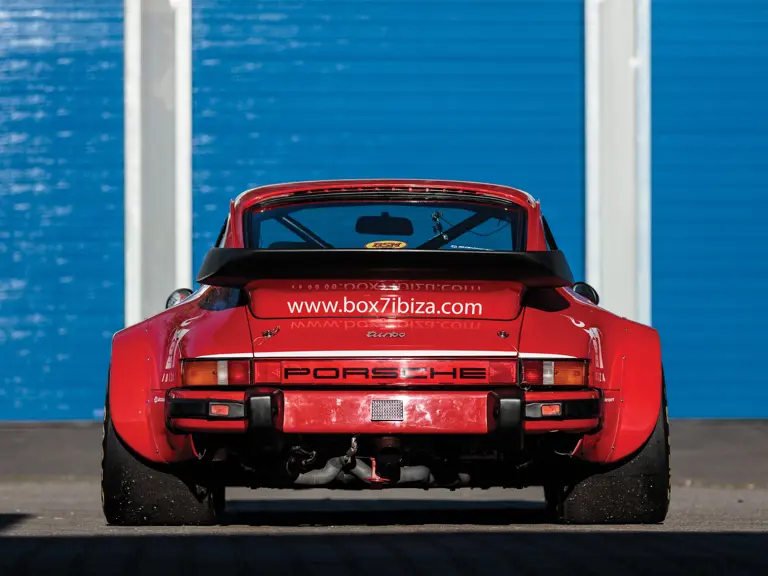
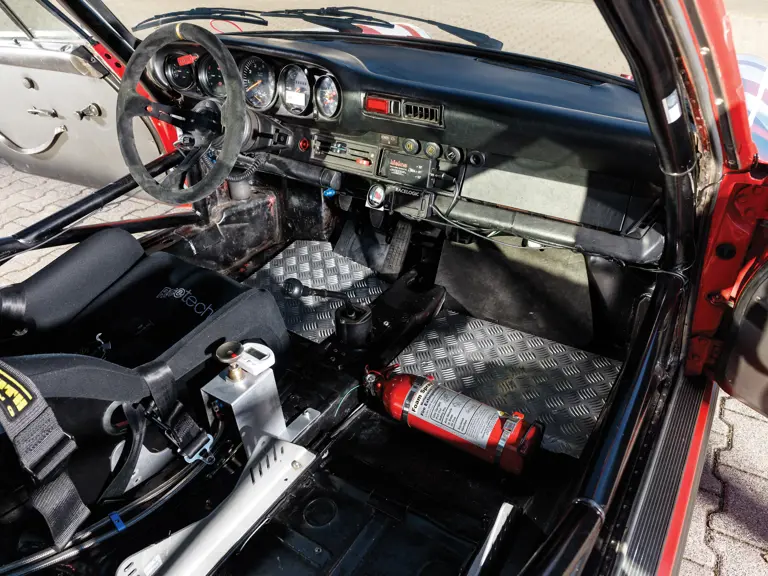
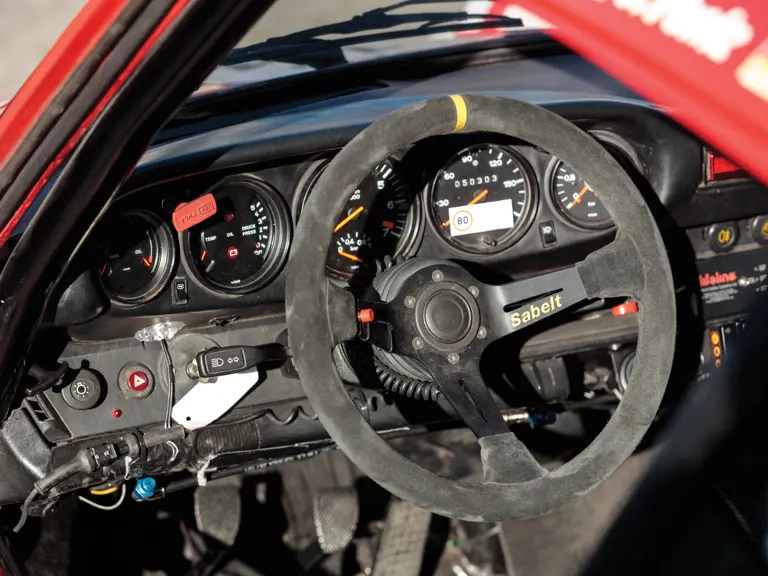
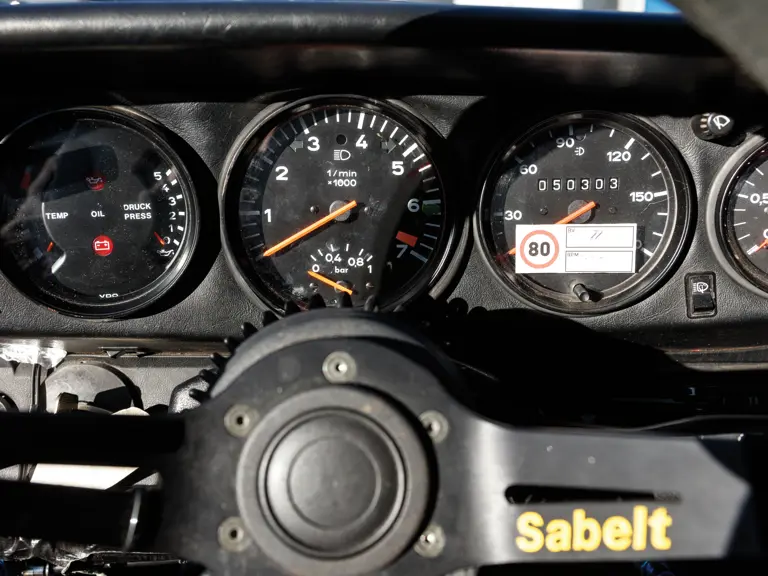
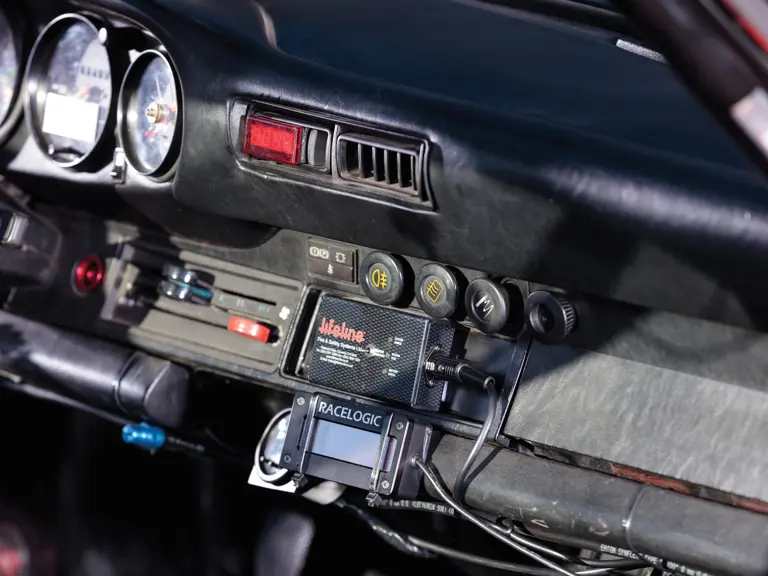
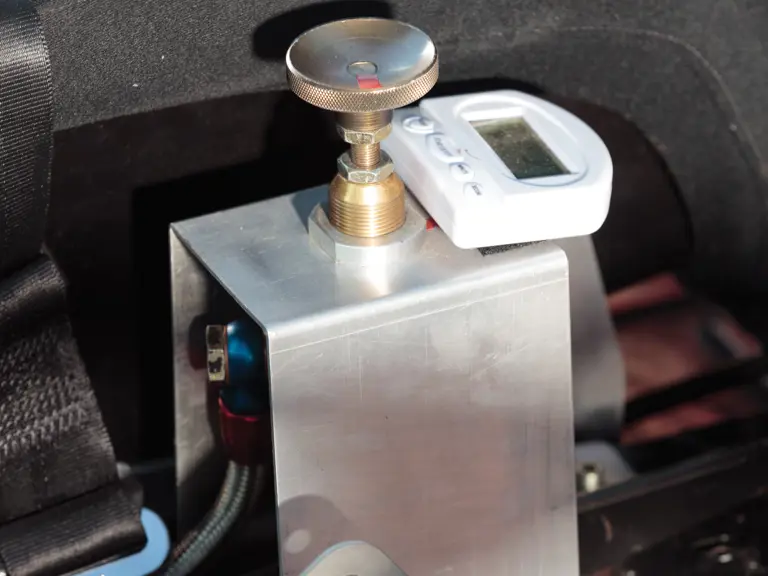
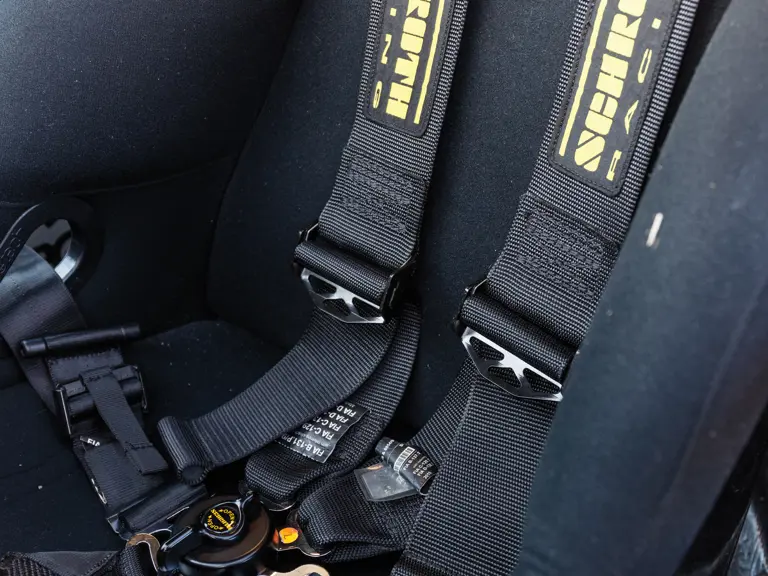
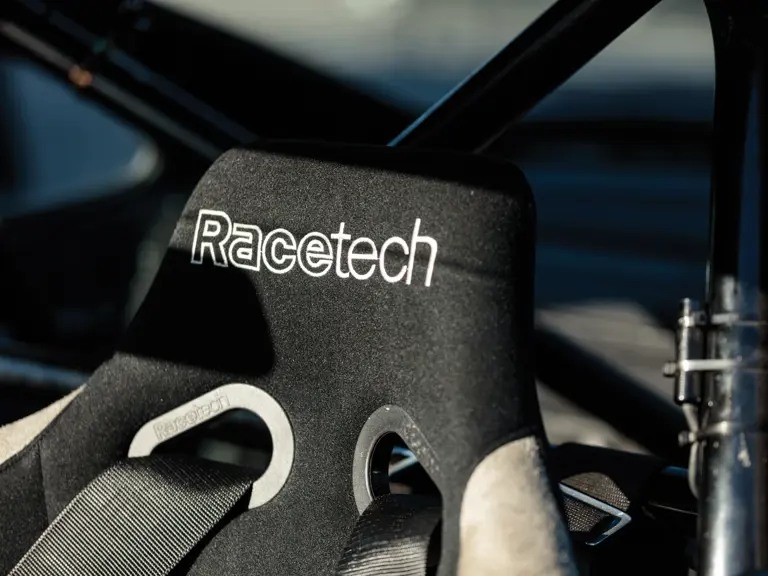
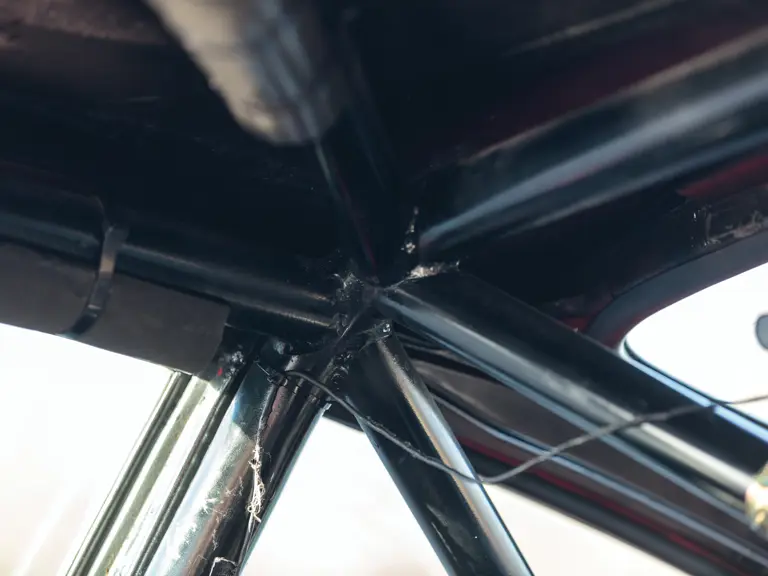
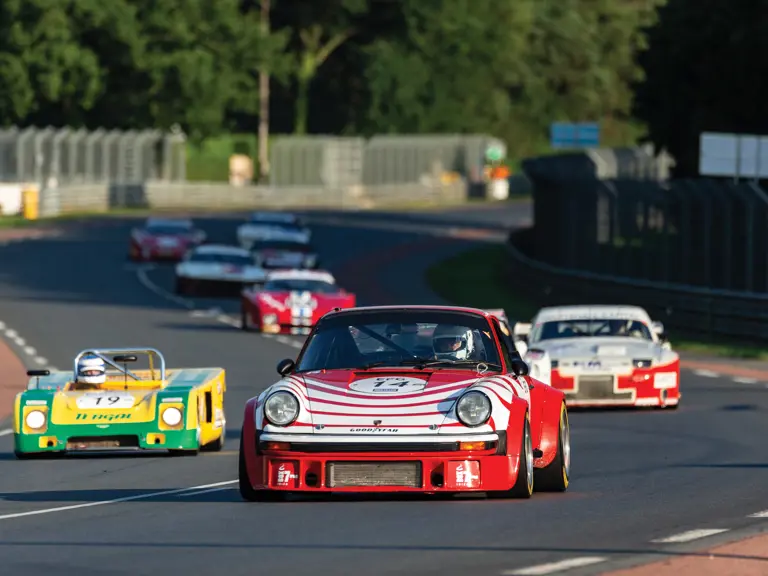
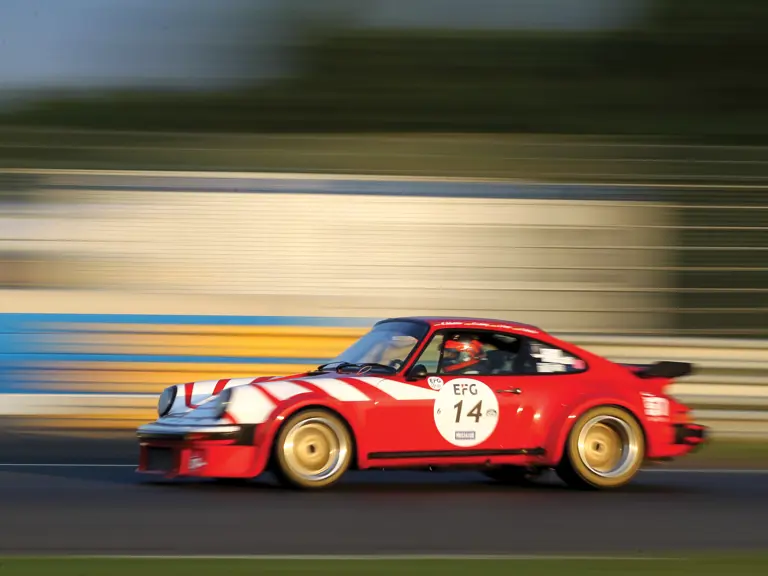
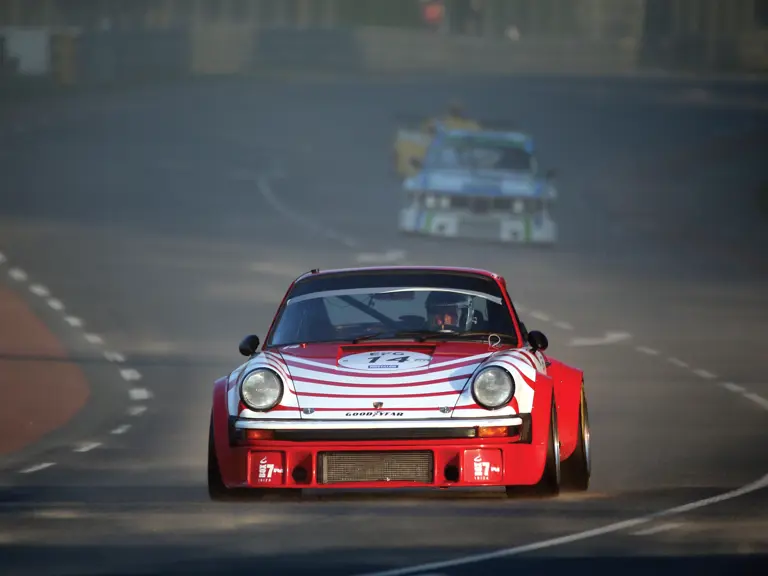
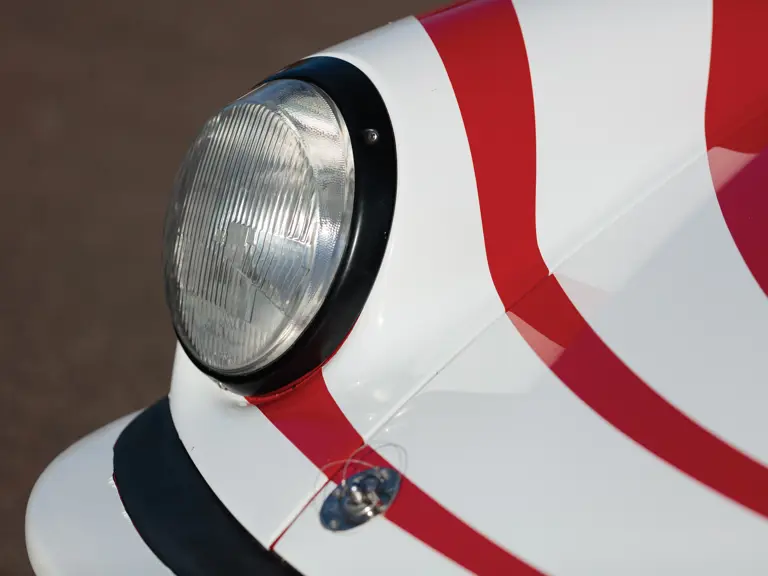
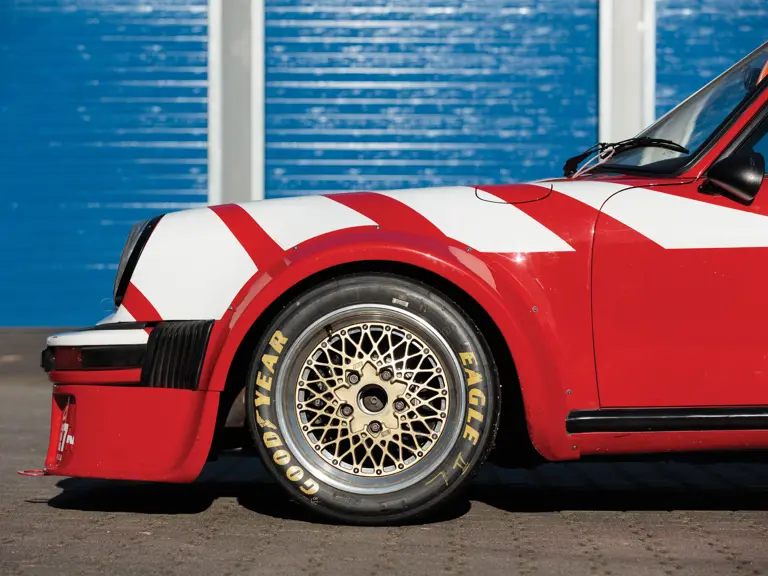
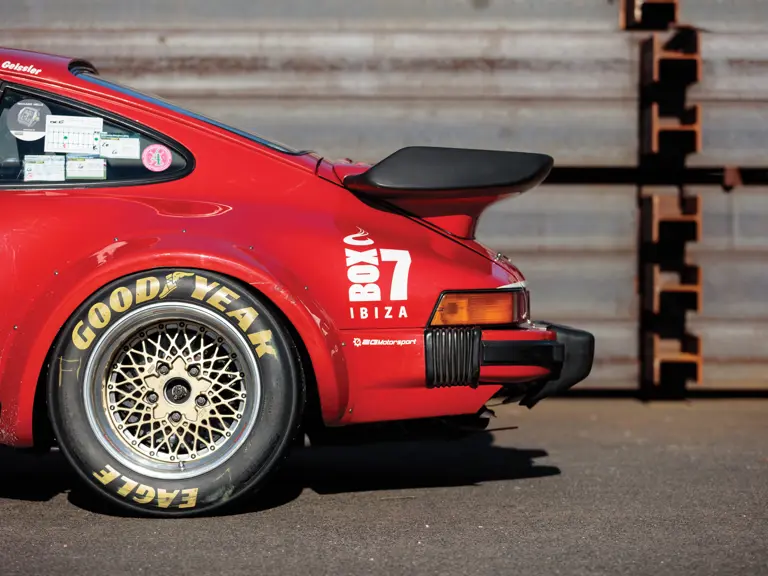
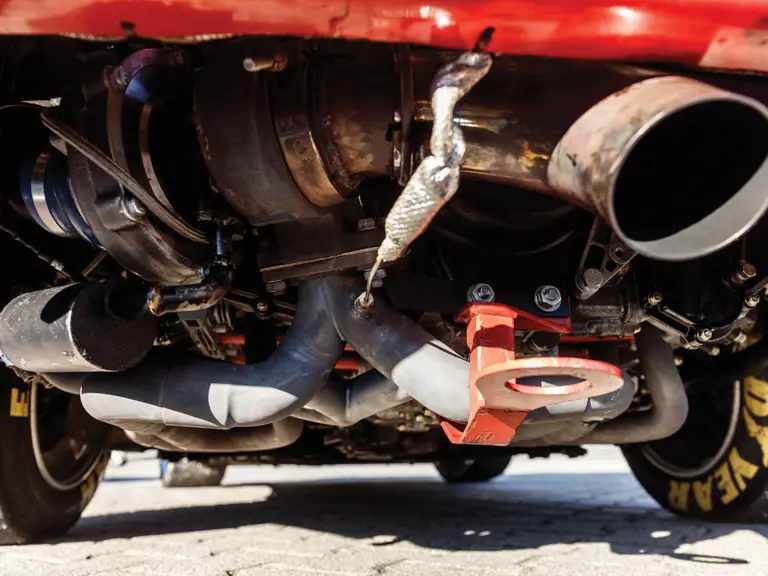
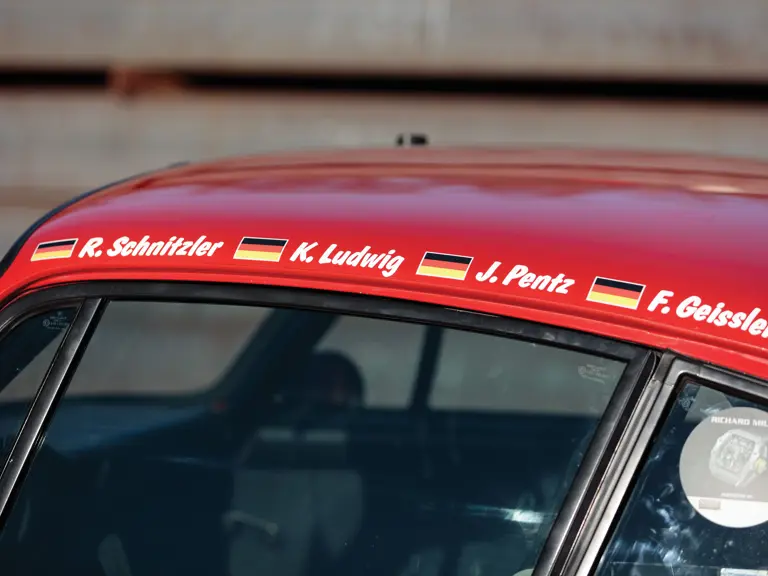
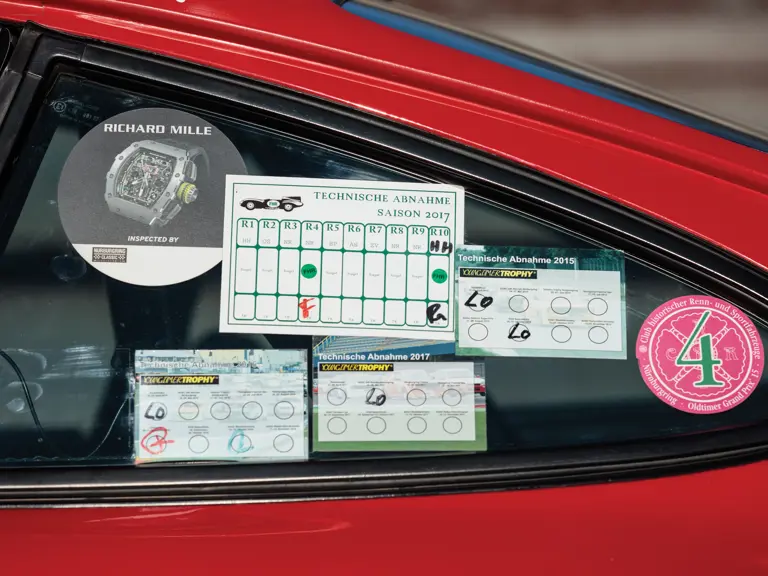
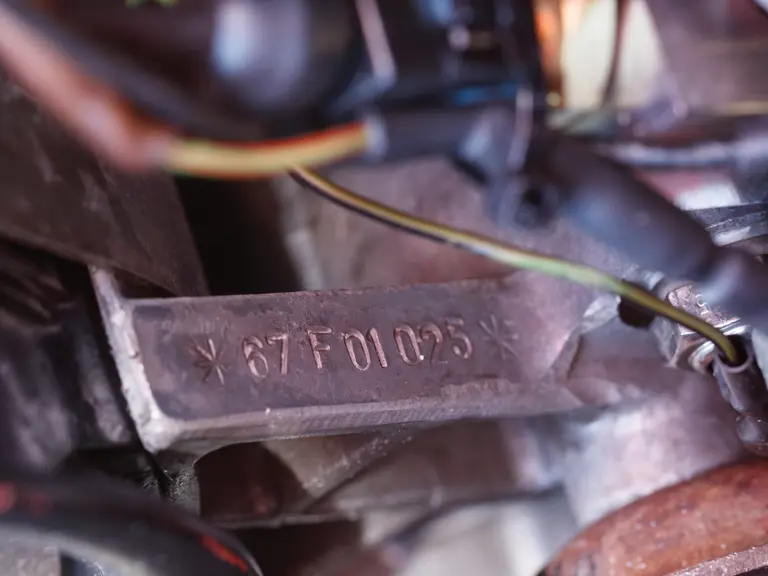
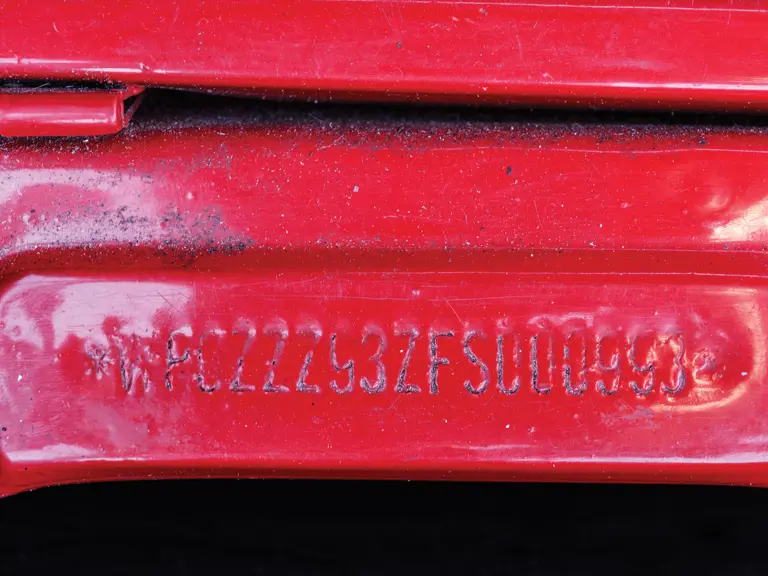
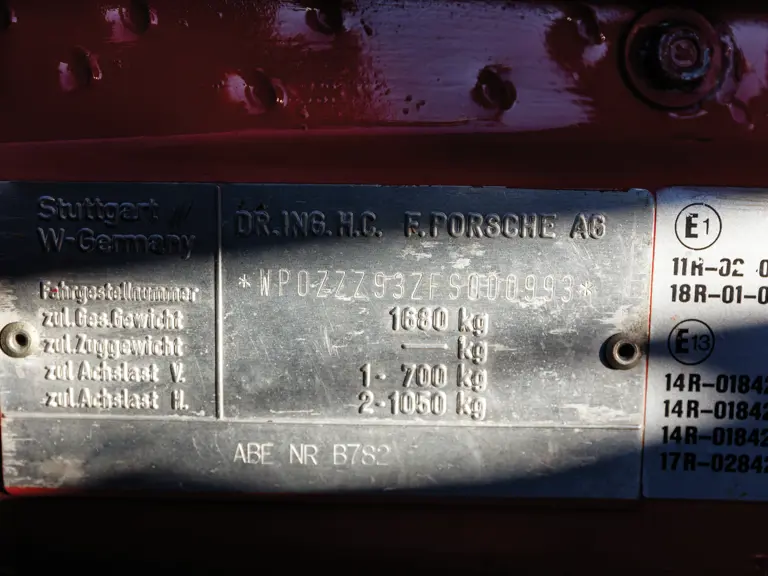
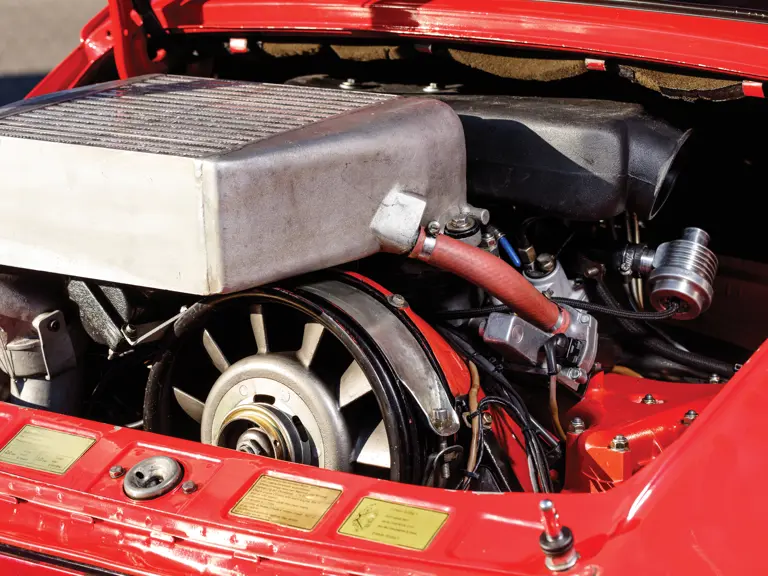
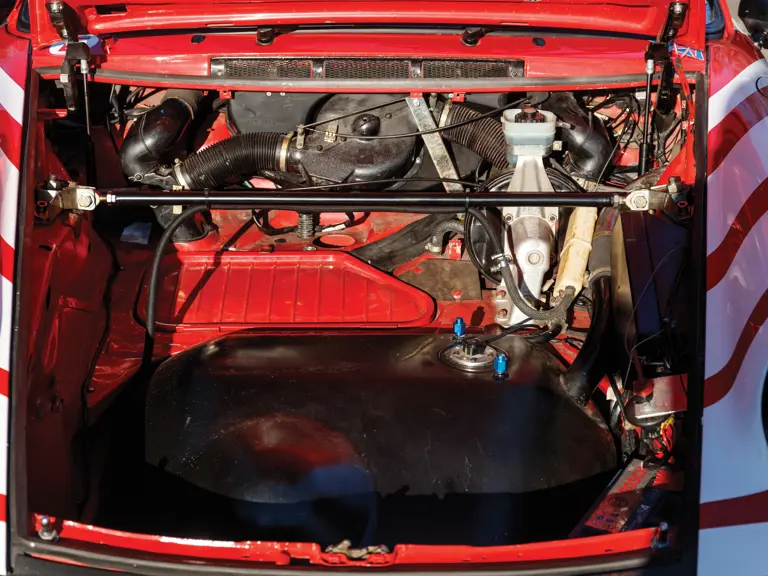
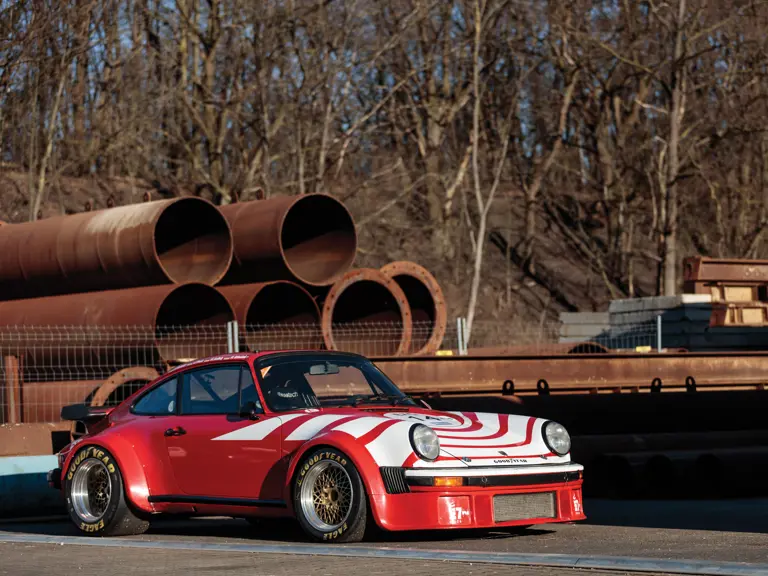
 | Essen, Germany
| Essen, Germany
